Meet Sue Shrinkle-Emmons | Psychotherapist and Integrative Mental Health Practitioner
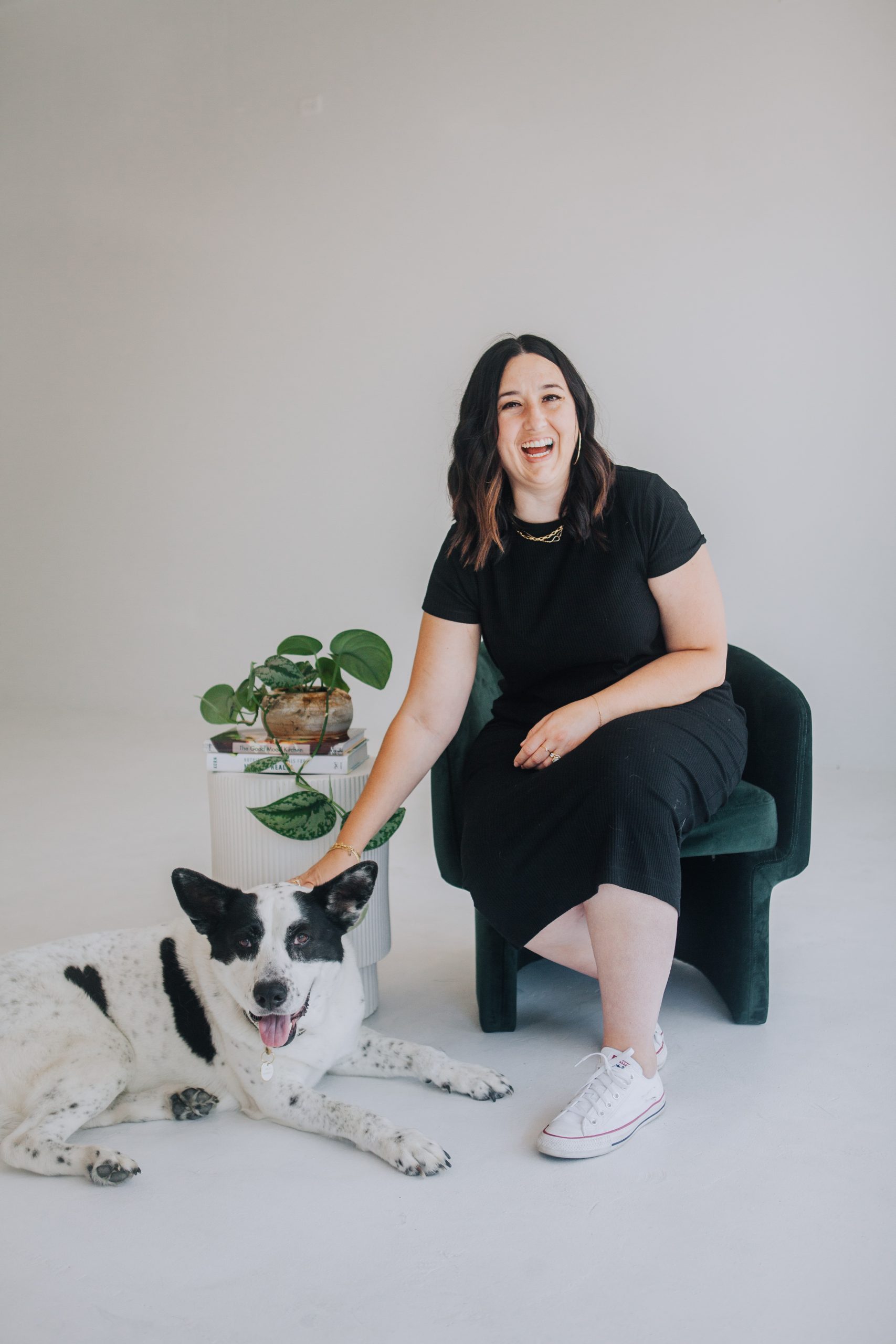

We had the good fortune of connecting with Sue Shrinkle-Emmons and we’ve shared our conversation below.
Hi Sue, how has your perspective on work-life balance evolved over time?
As a recovering perfectionist, this is one area of life I have spent a great deal of time thinking about and investing in. During graduate school, professors and mentors stressed the importance of balance, or self-care, especially given how emotionally, mentally and physically demanding the job of a psychotherapist is. However, we were never specifically taught how to incorporate balance into our life. I continue to see this message in social media, in seminars I attend and in interactions with my colleagues and clients. We are told to make sure balance exists for us, but are rarely shown how to ensure this by our bosses or models.
From 2019 to 2021, I struggled with some health issues that kept me from working at my full capacity. And then in 2022, I developed Long Covid, a multi-system, post-viral disease developed after an acute infection of COVID-19. At times, I struggled with having enough energy to walk five feet from my couch to my kitchen to get a glass of water. My work was dramatically impacted and I ended up taking a medical leave of absence for five months. My health journey slowed me all the way down and caused me to examine how I was living my life in a stressed-out, dysregulated state that prevented anything close to balance in my life.
I was forced to redefine what it looked like to have balance and how to take care of myself. I realized that I needed to look at my emotional, mental and physical energy like a battery. Most mornings I now assess what percentage of energy I have when I wake up and then decide how to ensure that the things I choose to do throughout the day help me to maintain enough energy so I never dip down below 50%. It might seem like a simplistic way to view balance; it is anything but that. I have learned that I need to monitor my stress levels, increase my engagement with rest (both passive and active), schedule my day so that I have time to get movement in, be with the people who matter the most to me and eat well. Creativity and joy have also been a huge part of how I find balance with the work I do. No matter what is happening around me, I make sure to set aside time to do something creative and plan activities that provide me with joy.
Everyone has a different list of needs, but balance means incorporating rest, movement, creativity, connection and joy into our lives.
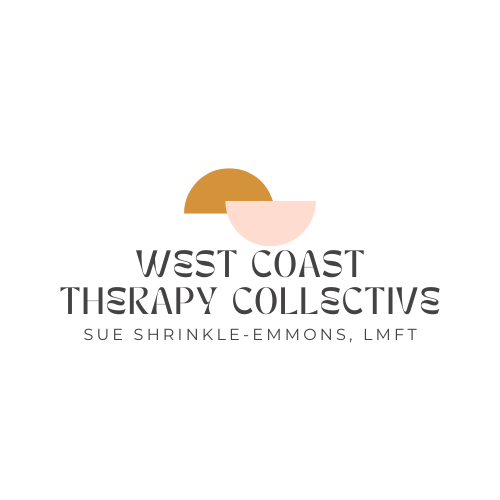
Can you give our readers an introduction to your business? Maybe you can share a bit about what you do and what sets you apart from others?
I’m a licensed marriage and family therapist in the state of California (Lic #86786) and a Certified Integrative Mental Health Practitioner. I have provided therapy for a wide variety of populations since starting my career in 2010, but find myself drawn to working with female-identifying adults, the LGBTQ+ population and ex-evangelicals wanting to deconstruct their faith. The focus of my work in the last three years has been understanding the bidirectional impact of our mental and physical health and how to help my clients maximize their daily functioning. I love the work I do and feel honored to be able to walk alongside people as they find healing.
It is my belief that therapy should feel like the client is talking to someone who truly cares about their wellbeing, someone who is empathetic, curious and strives to understand them. Because of this, I bring warmth and laughter into my sessions, as I’m passionate about developing strong, healing connections with my clients. I want to make sure clients feel like they are talking to someone who not only respects them, but is able to help them feel more like themselves after each time we see each other.
To do this, I embody the values of empathy, safety, connection and authenticity:
•Therapy is a place to have someone understand and acknowledge one’s emotions and experiences. I work diligently to put myself in my client’s shoes and allow them to feel seen. My work with clients also involves increasing empathy in their life – toward themselves and also toward others.
•Safety comes from feeling seen and understood – not only one’s thoughts, but one’s emotions and deep desires. When we feel safe, we are given the permission to heal and grow. I work hard to ensure that the therapy room is a safe place for clients to experience that healing.
•Feeling connected to others enables us to examine our emotions, thoughts, values and desires. It decreases anxiety, helps us manage our emotions, increases self-esteem and empathy and improves our immune system. Connection is the result of the empathy and safety my clients feel in the therapy room.
•Showing our true selves is an act of bravery – one that is brought about when we have the knowledge that we are seen for who we are, we are safe with others and we can trust that connection will bring healing. We will work together to help you find your most authentic self.
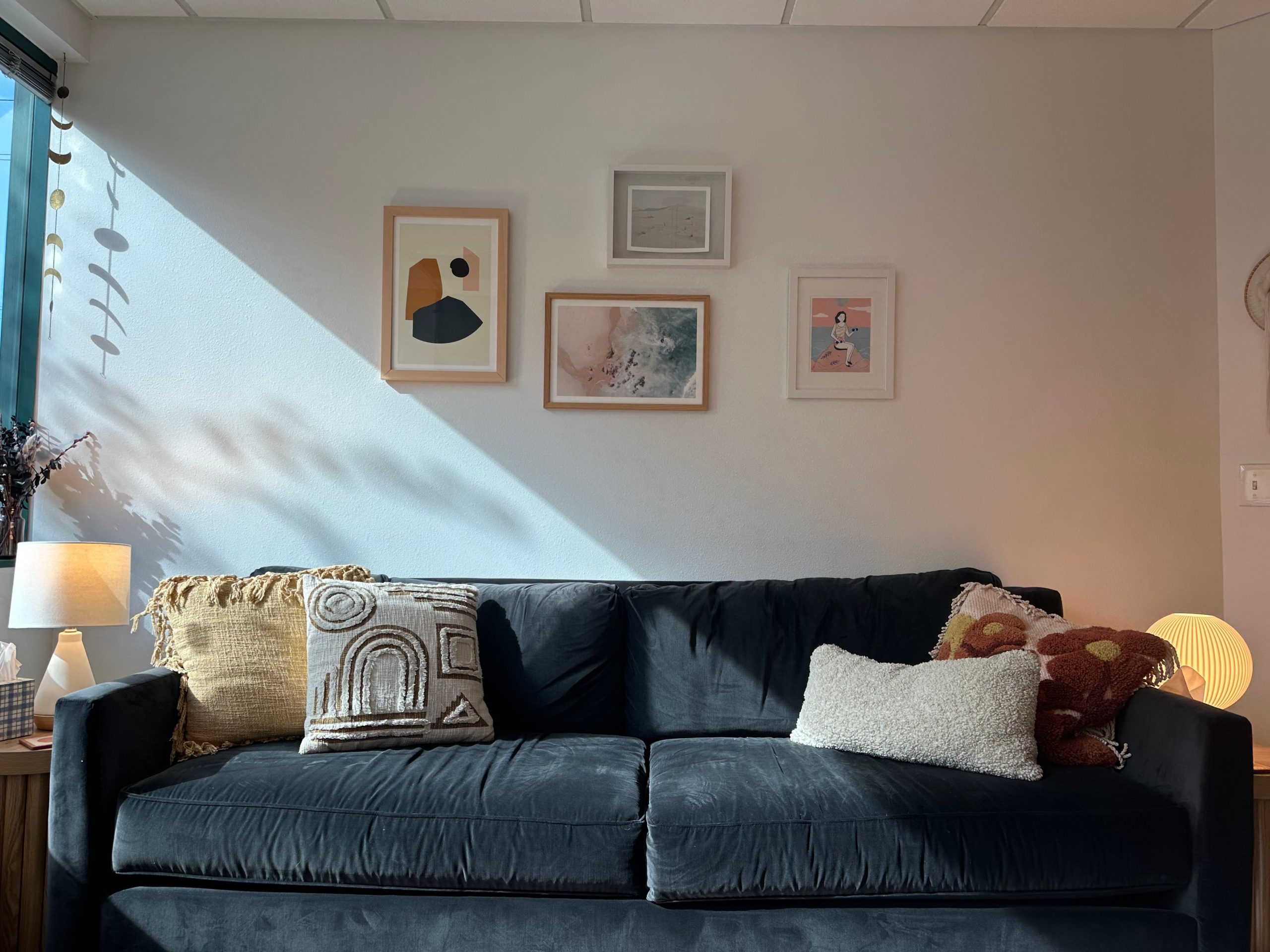
Who else deserves some credit and recognition?
My best friend and co-founder, Kristy Malone!
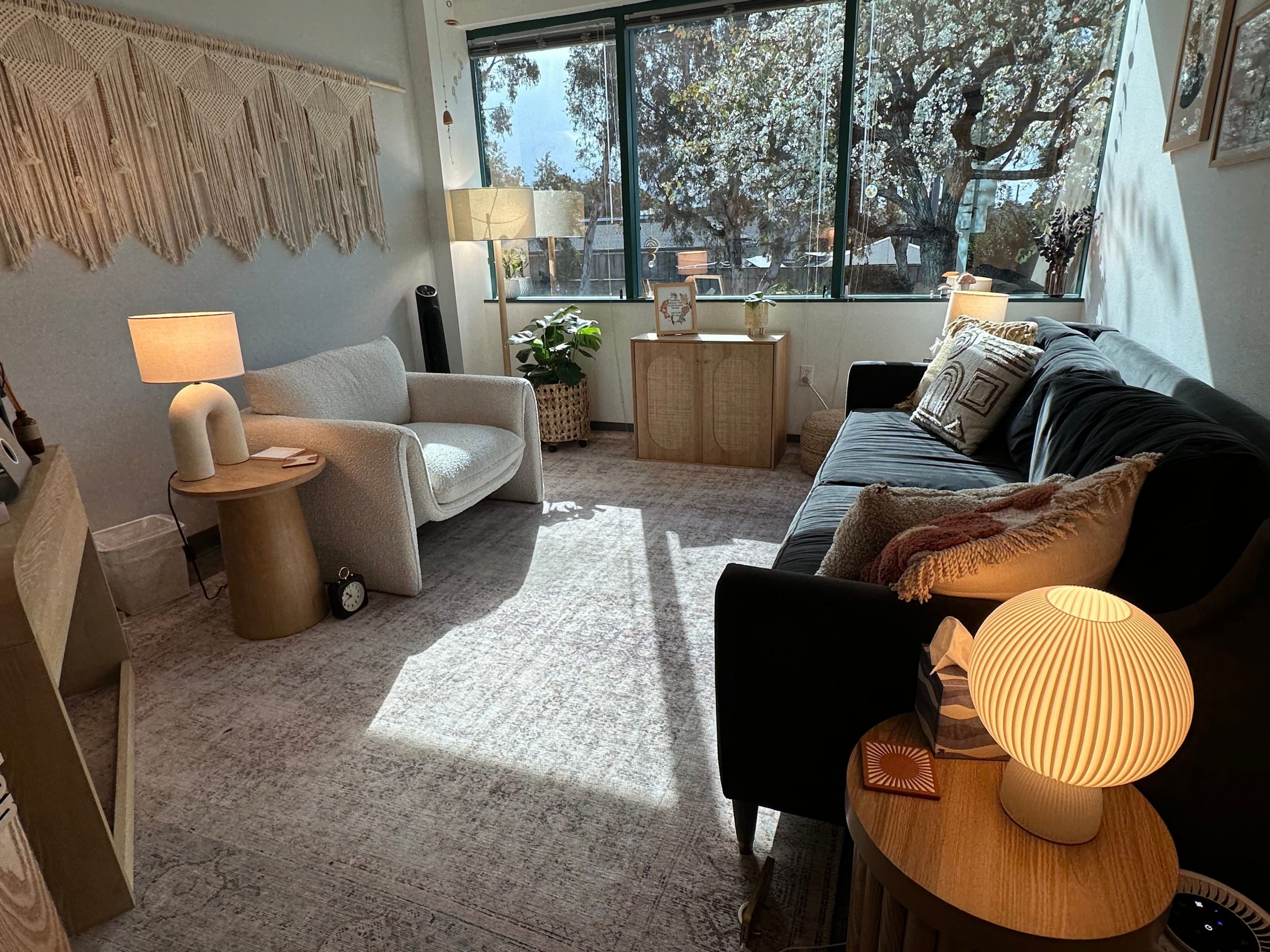
Website: https://www.sueshrinkle.com
Instagram: @wctcollective
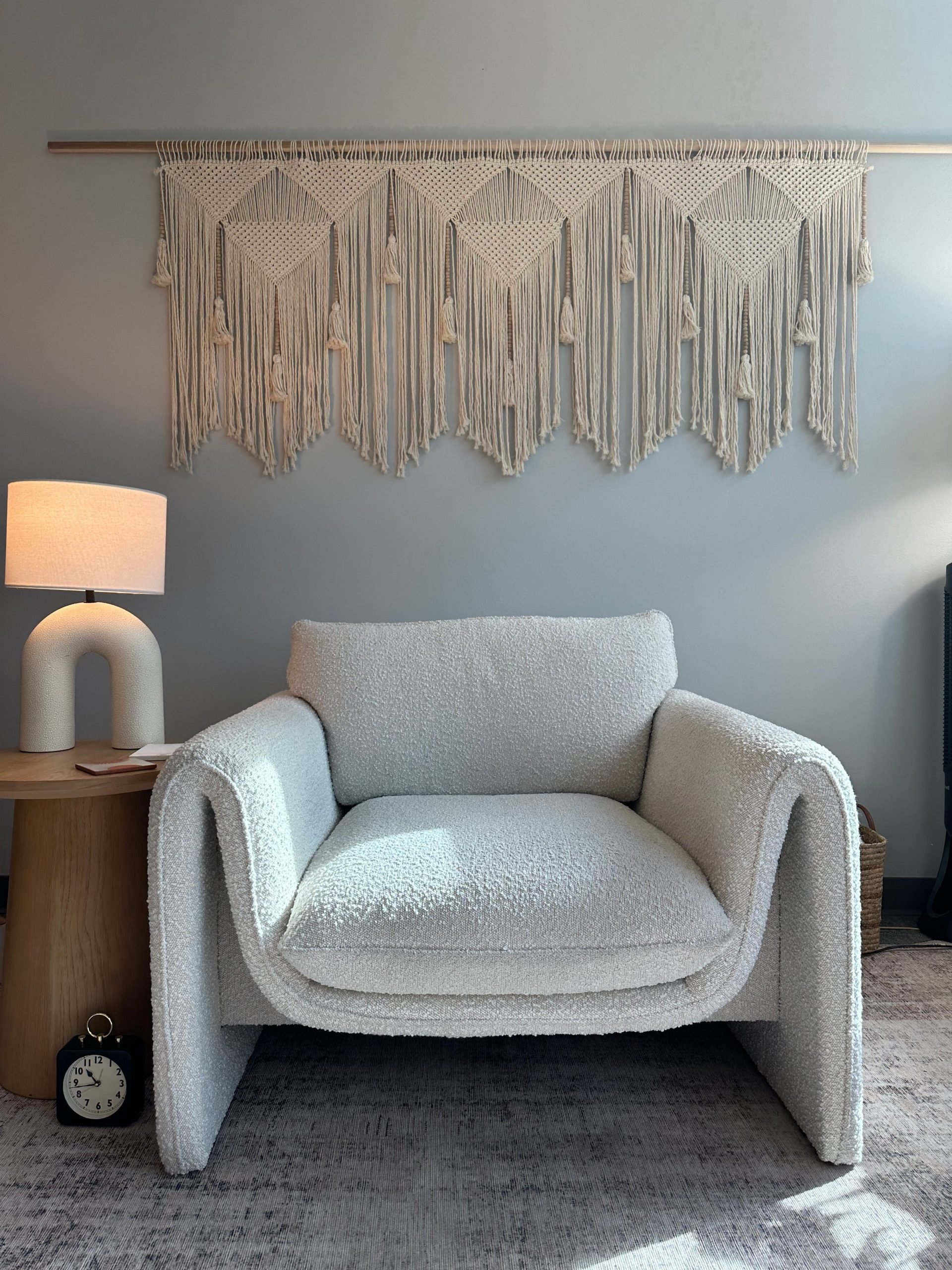
Image Credits
Sarah Shreeves
